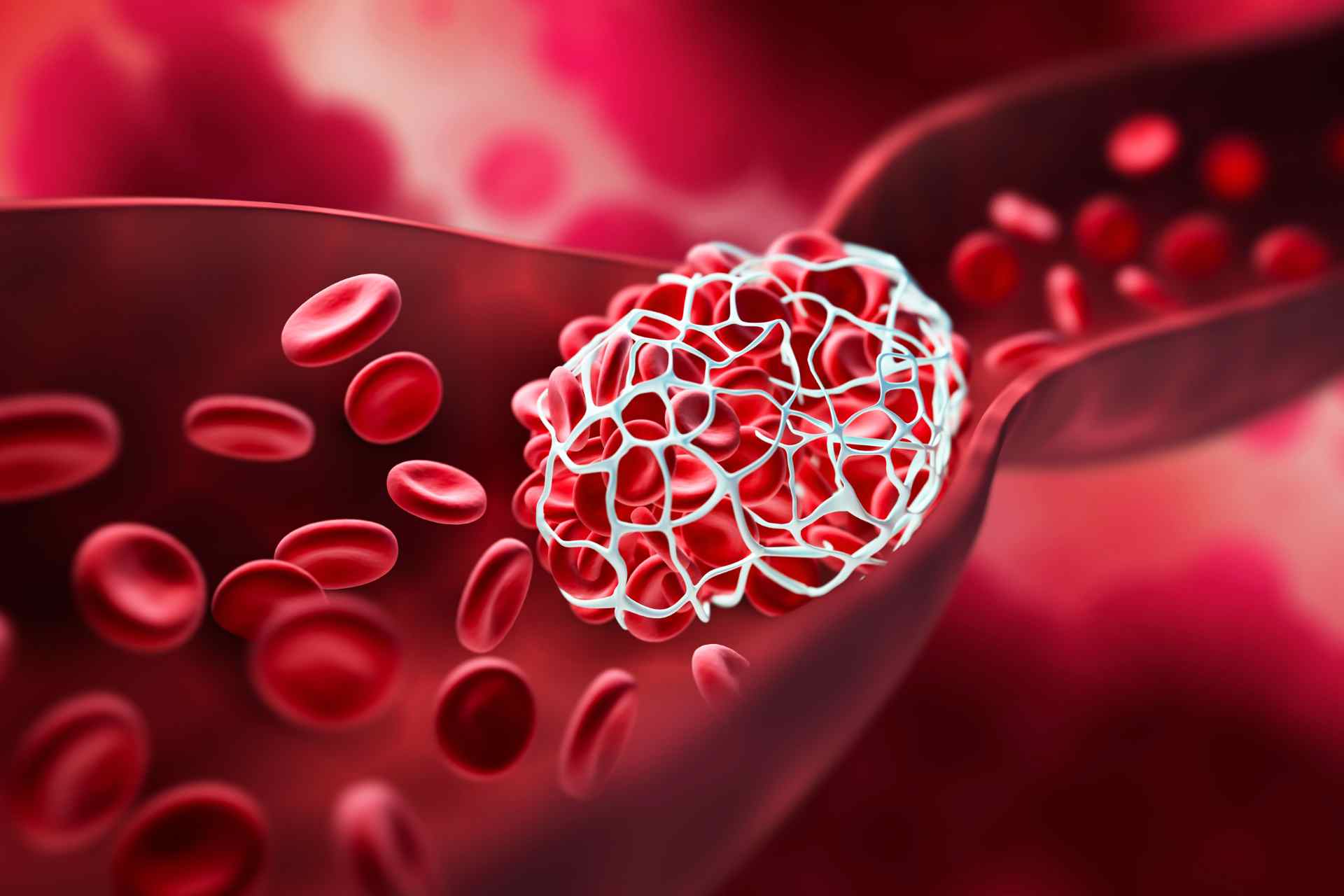Cardiovascular disease, including heart attacks and strokes, is the world’s leading cause of death. Now, researchers have found that a common gut bacterium, Bacteroides thetaiotaomicron, increases blood levels of a molecule that promotes blood clotting and raises the risk of cardiovascular disease, especially when combined with a high-fat diet.
The findings, published in Cell Reports Medicine, suggest that targeting specific gut bacteria and their metabolites could offer new ways to prevent or treat cardiovascular disease linked to diet and gut health.
Recent studies show that gut microbes influence heart health by producing molecules that affect blood clotting, cholesterol, and inflammation. Bacteroides thetaiotaomicron (BT) can produce a fatty acid called palmitic acid, which is linked to higher cardiovascular disease risk, but it’s unclear how it contributes to heart disease.
To study how BT affects palmitic acid levels and blood clotting, researchers led by Xiaoshan Huang at the Kunming Institute of Zoology in China examined the gut microbiota and blood samples from mice and people with cardiovascular disease.
Increased clotting
Compared to healthy people, those with cardiovascular disease had higher levels of palmitic acid in their blood. They also had higher levels of BT bacteria that produced palmitic acid.
In lab tests, palmitic acid sped up blood clotting, while other fatty acids did not have the same effect. Mice treated with palmitic acid showed faster clot formation and reduced bleeding time.
These effects stem from the ability of palmitic acid to interfere with the body’s natural anticoagulant system. The researchers found that palmitic acid inhibits a key anti-clotting protein and activates platelets, which typically clump together to form clots at injury sites.
Dietary link
Transplanting BT to the intestine of mice led to higher levels of palmitic acid in the blood and increased clotting activity. These effects were exacerbated when the animals were fed a high-fat diet, the researchers found.
In a mice model of heart attack, palmitic acid worsened heart damage, increasing the size of the heart injury and markers of cell death and inflammation. However, a compound called hesperidin, which is found in some fruits, was able to block the harmful effects of palmitic acid by preventing it from interfering with the body’s anticoagulant system.
The results show that hesperidin may have protective effects against palmitic acid-related clotting and cardiovascular damage, the authors say—“suggesting an approach to controlling [cardiovascular disease] by targeting [palmitic acid] and BT.”









